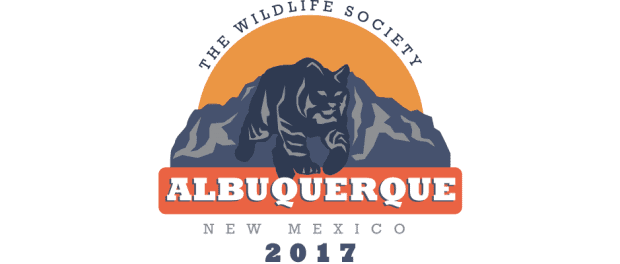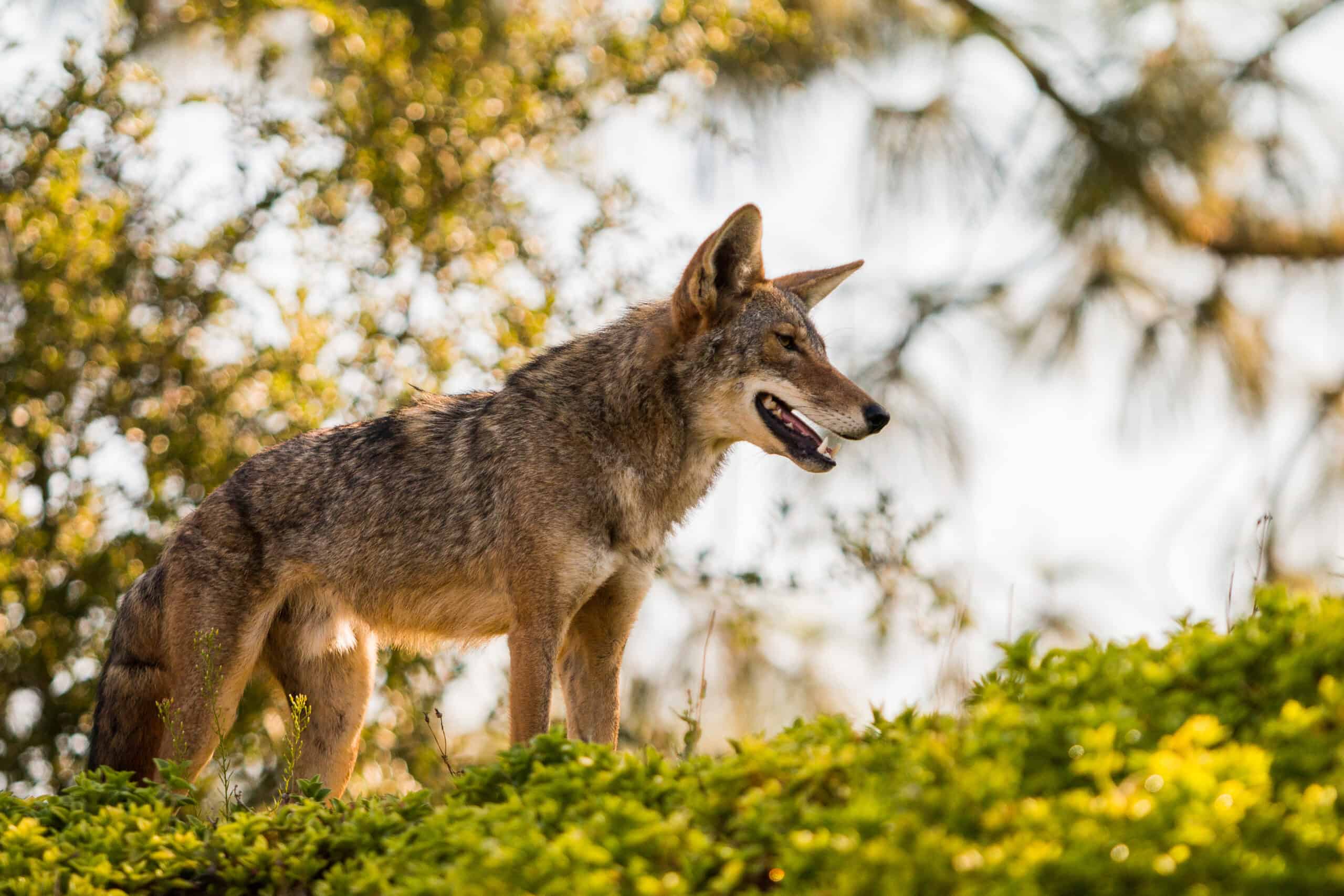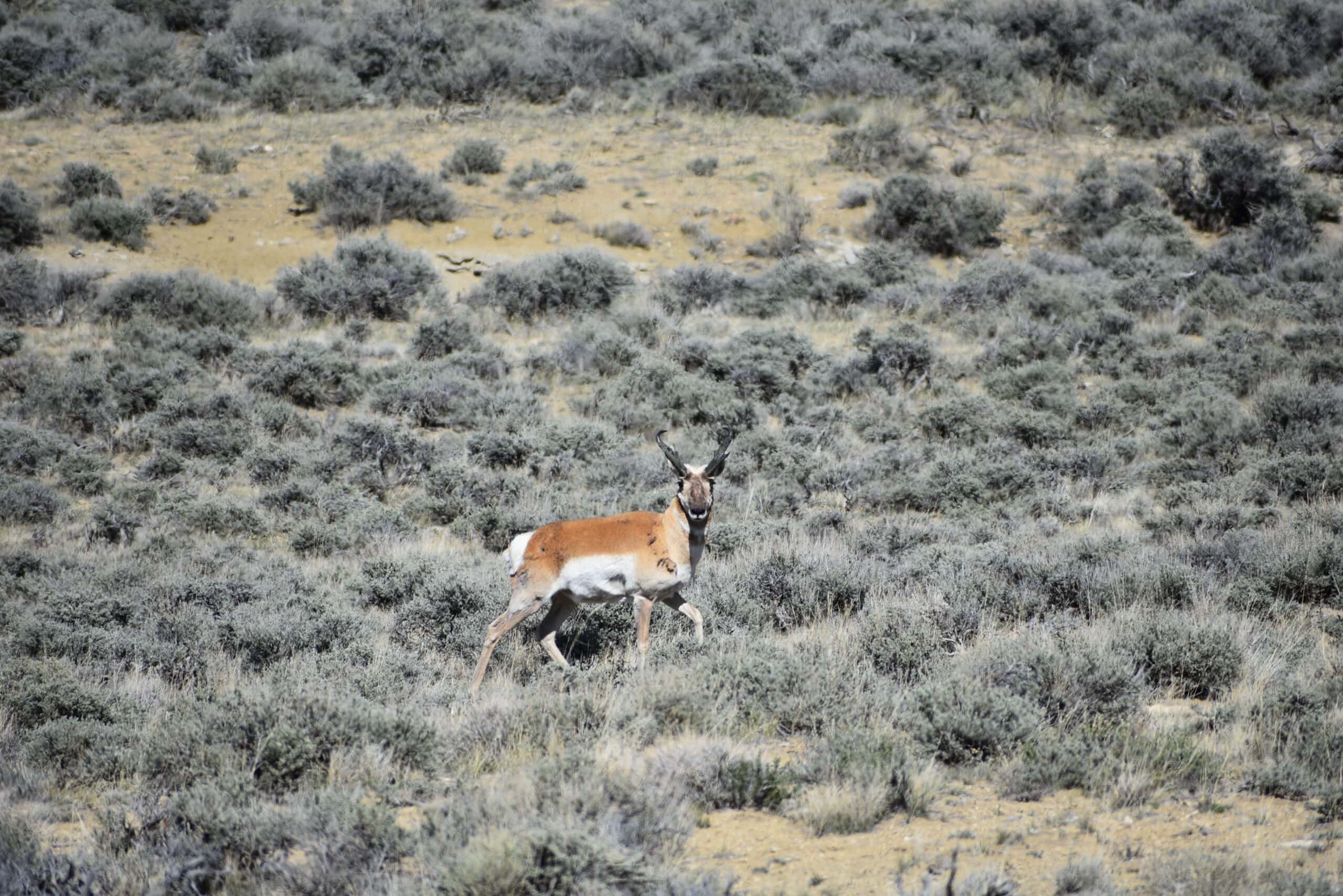Share this article
Albuquerque 2017: Call for Proposals now open
The Wildlife Society will hold its 24th Annual Conference in Albuquerque, New Mexico, from Sept. 23-27, 2017. Proposals for education and training programs including workshops, symposia and panel discussions are invited. The Wildlife Society invites proposals related to all aspects of wildlife ecology, management, policy, human dimensions and conservation. The plenary theme for the 2017 conference is Wildlife Conservation: Crossroads of Cultures; proposals that address that topic area are especially appropriate for symposia, panel discussions or workshops.
Symposia are comprised of a series of presentations that address aspects of a single topic. Symposia usually are a half day; however, requests for a full day may be considered. Speakers are scheduled for 20- or 40-minute time slots, and organizers may include only one 20-minute discussion period in the agenda. Symposia are scheduled to run concurrently with other conference sessions. Attendance is open to all conference registrants on a walk-in basis.
Panel Discussions are a forum for interactive discussion of a topic among a panel of experts and an interested audience. Typically, a panel of four to eight speakers makes introductory remarks. The audience is then invited to make comments and question the panel of speakers. Panel discussions are a quarter day in length (100 minutes) and are scheduled to run concurrently with other conference sessions. Attendance is open to all conference registrants on a walk-in basis.
Workshops provide training on a specific skill, technique or process and may involve one or more instructors. Workshops are intended to emphasize learning through participation, discussion and “hands-on” activities. For this reason, workshop organizers must specify an upper limit on attendance. Attendance at workshops is by advance registration only, and a minimum fee of $25 for professionals and $10 for students and new professionals will be charged. Workshops may be a half or full day in length, and will be scheduled on Saturday, Sept. 23, 2017.
Offsite workshops that require transportation and/or busses will be required to pay a deposit of $1,000 by Aug. 1, 2017. The deposit is nonrefundable, but if transportation costs are less than $1000, the difference will be reimbursed. Further details on payment instructions will be provided when the workshop proposal is accepted.
Workshops are not intended to promote a commercial product, product line or company. That type of activity belongs in the trade show. If the nature of the workshop requires demonstration of specific products, it is preferred that the instructor be a practitioner rather than a company representative. Alternatively, company representatives may serve as instructors if at least two competing companies are invited to participate. These companies also would be expected to participate in the trade show at regular booth fees.
Responsibilities of Session Organizers
Organizers are responsible for coordinating with the Program Committee, planning their sessions, selecting instructors/presenters, moderating their sessions and meeting all deadlines. As part of the proposal submission process you will need to provide names, contact information and titles for each of the speakers in your symposium. A half-day session allows for ten 20-minute presentations. You will be allowed to allocate one 20-minute time block for each half day session for a panel discussion. While changes can be made to the session agenda after the proposal is submitted, this will require promptly communicating changes with Tricia Fry, tricia@wildlife.org. Abstracts from all presenters will be requested after the symposium is accepted and must be submitted by May 5, 2017. Presenters in symposia must submit PowerPoint files by Sept. 14, 2017. Please mark these dates on your calendar!
The Wildlife Society does not pay registration fees, travel expenses or honoraria for workshop, symposium or panel discussion organizers or presenters. All organizers and invited speakers must register for the conference. Organizers may seek outside support for these expenses.
Proposal Submission and Requirements
All proposals must be submitted through the online submission site beginning Dec. 5, 2016. Active link will be available via the Call for Proposals at this time.
The submission process will prompt you for the following information:
- Session Type – workshop, symposium, panel discussion
- Preferred Session Length (Workshops and Symposia only) – Full or Half Day
- Session Title
- Organizer(s) – names and complete contact information (the submitting organizer will be the contact person)
- Supported by – institutions/groups that are financially or otherwise supporting the proposed session. Emails confirming the support of a special session should be emailed to Tricia Fry (tricia@wildlife.org) prior to March 10, 2017. Organizations whose support has not been confirmed will not be published in conference materials.
- Statement of Purpose
- An abstract describing the session. This will be used to advertise your session (250 word limit).
- Detailed description of the session (1,000 word limit).
- Names, emails and working presentation title for all speakers
Workshop proposals also require the following additional information:
- Room set up and AV requirements
- Maximum Attendance
- Registration fees – a minimum fee of $25 for professionals and $10 for students and new professionals will be charged, if registration costs exceed these minimums please include a proposed fee and associated budget with your submission.
Proposal Evaluation and Notice of Decision
Proposals will be evaluated on timeliness of the subject, importance to the profession and/or contribution to science, and the overall quality of the written proposal. Submissions from TWS working groups are especially encouraged. Applicants will be notified whether their proposals have been accepted or deferred by April 5, 2017.
Please direct any questions related to proposal preparation or submission to Tricia Fry, Program Committee Coordinator, at tricia@wildlife.org.








